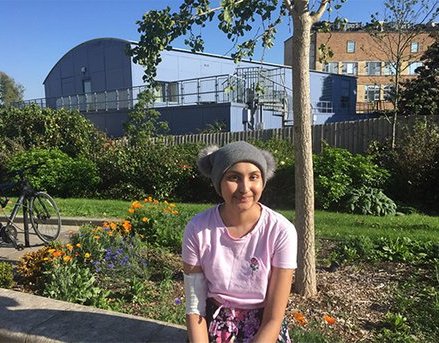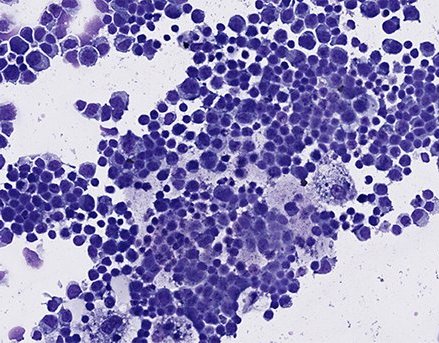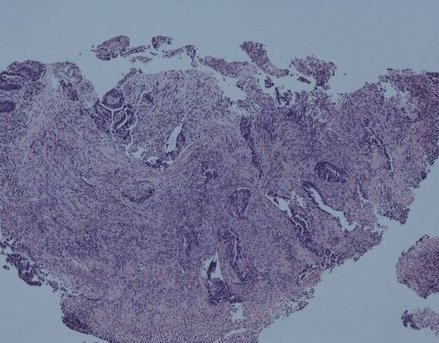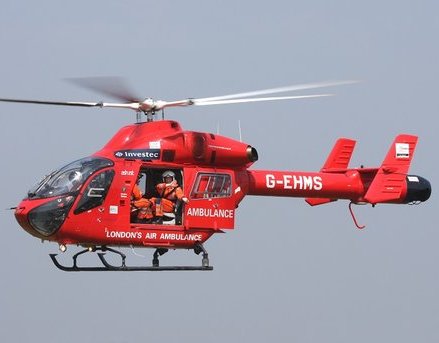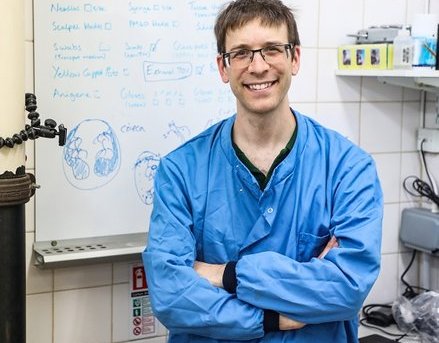Annual report 2020−2021
The 2020−2021 annual report is an opportunity to reflect on the achievements of the College and our members over the past year. This year has provided a great number of challenges, but we have continued to deliver on our commitments and fostered new ways of working.
In this annual report you can read more about our activities both in the UK and internationally, as well as our efforts to engage and influence both the public and key political stakeholders.
Download our annual report 2020-2021
Clinical case studies
The clinical case studies included in our annual report give a unique view of the role of pathology in clinical trials, the development of new techniques and therapies for diagnosing disease, and the treatment and management of diseases in both humans and animals. You can hear more from the patients and teams involved below.
-
Targeted cancer therapy using CAR-T cells
Reprogramming a person’s own immune system to target cancerous cells provides a truly individual approach to cancer treatment. Dr Julia Wolf and Dr James Griffin describe how a novel therapy was used to treat an aggressive form of leukaemia.
-
Using molecular pathology to unveil rare tumours
Molecular testing is becoming a vital tool in diagnosing cancers and guiding and monitoring treatment. Professor Sarah Coupland explains how molecular pathology is improving the detection of rare eye tumours and, potentially, patient outcomes.
-
The role of healthcare scientists in cancer diagnosis and management
Medical pathologists and healthcare scientists work collaboratively to improve pathology services for patients. Dr Jo Horne and Patrick Kumah describe the role of consultant scientists in the diagnosis and treatment of bowel cancer.
-
Improving patient outcomes through clinical studies
To ensure the best outcome for patients, early intervention is essential in cases of major traumatic haemorrhage. Here, Dr Harriet Tucker, Trauma Research and Whole Blood Fellow, and Dr Laura Green, Consultant in Haemostasis and Transfusion Medicine, share the story of a patient who received a combined red blood cell and plasma transfusion from paramedics at the scene of the injury.
-
A one health approach to high blood cholesterol
As the past 18 months have shown us, the health of humans, animals and ecosystems are interconnected. Here, Dr Simon Spiro, Wildlife Veterinary Pathologist at the Zoological Society of London, explains how studying disease in one species can further our understanding of pathogenesis in humans.


